How Long Does an Oil Boiler Last?
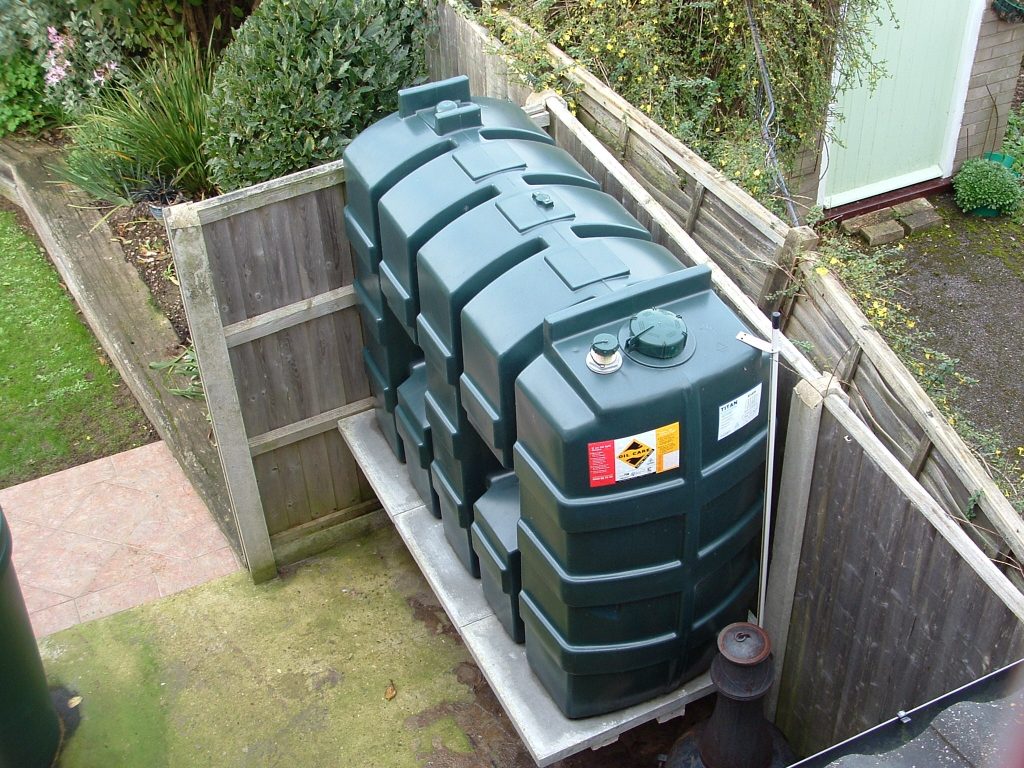
An oil boiler typically lasts between 10 and 15 years, although well-maintained systems can last 20 years or more. Regular servicing, proper installation, clean heating oil and system maintenance all help extend the boiler’s lifespan and prevent costly breakdowns. For many households across the UK, an oil boiler remains a reliable and effective heating solution, […]
How to Bleed an Oil Boiler?
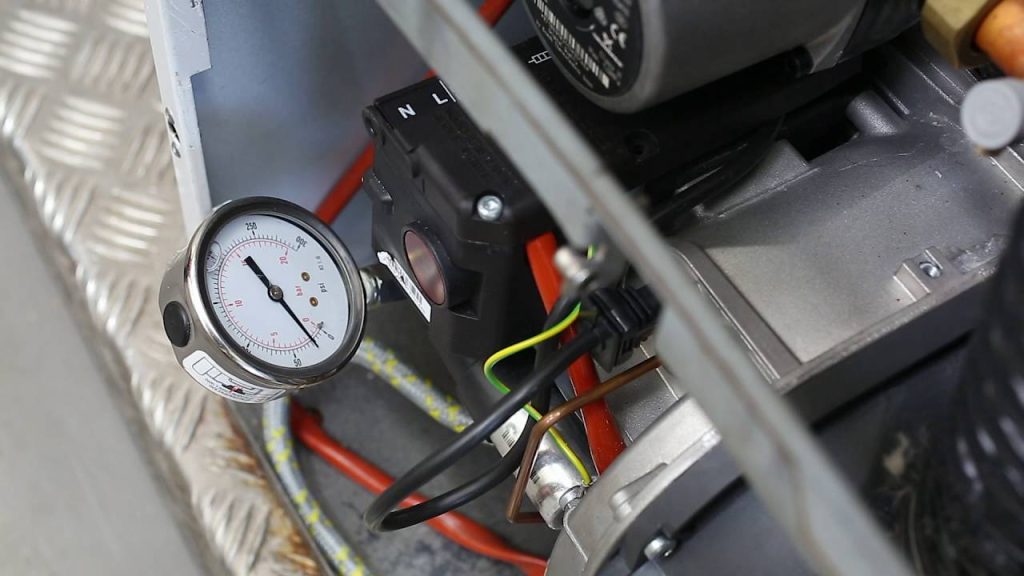
To bleed an oil boiler, switch the boiler off, locate the bleed screw on the oil pump, loosen it slowly, and release trapped air until a steady flow of oil appears. Once oil runs smoothly with no bubbles, tighten the screw securely and restart the boiler to restore normal heating operation. Oil boilers remain a […]
Which Cars Use AdBlue?
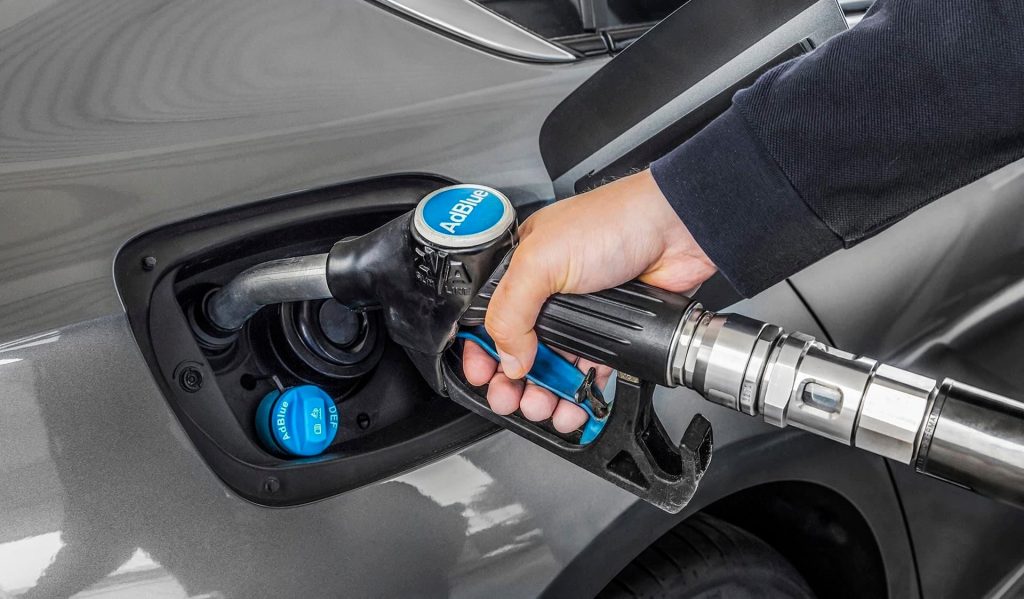
Modern diesel vehicles with Euro 6 compliance, including passenger cars, vans, trucks, and some off-road machinery, use AdBlue. It reduces NOx emissions, ensures legal compliance, and is essential for efficient SCR system operation. Popular brands include Audi, BMW, Mercedes-Benz, Volkswagen, and Volvo, as well as commercial vehicles like Ford Transit and Mercedes Sprinter. With increasing […]
Buying a Second-Hand Oil Tank for Your Home: A Complete Guide for UK Homeowners
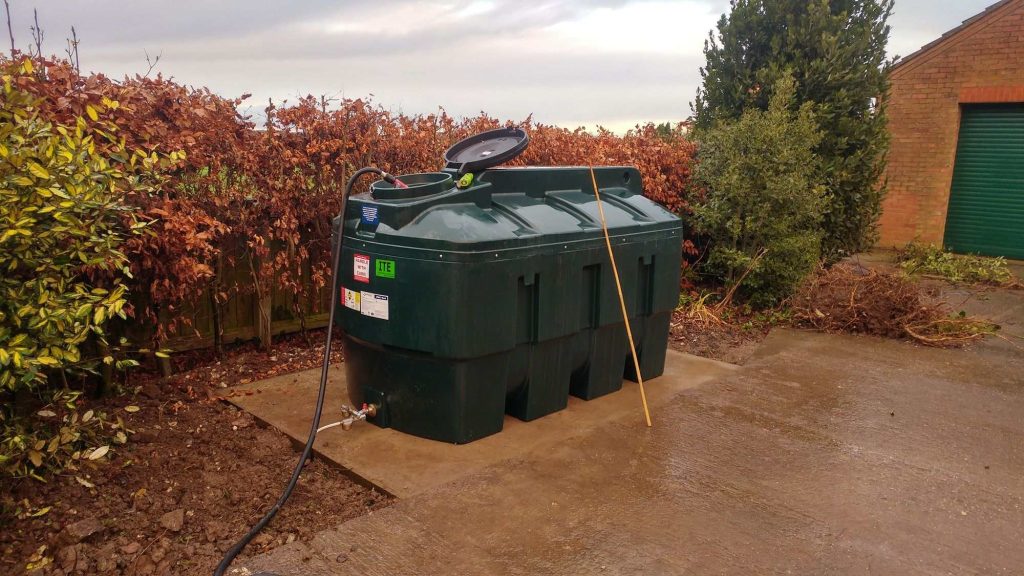
For many households across the United Kingdom, particularly in rural areas without access to mains gas, heating oil remains an essential fuel source. An oil storage tank is at the centre of this system, ensuring a steady supply of fuel to keep the home warm and running smoothly. When it comes to replacing or installing […]
Can You Drive Without AdBlue?

You cannot safely drive a diesel vehicle designed for AdBlue without it. Running out triggers dashboard warnings, may reduce engine power, and can eventually prevent the car from starting. Refilling with ISO 22241-certified AdBlue is essential to maintain legal compliance, engine performance, and emissions control. AdBlue has become a standard feature in many modern diesel […]
How Much AdBlue to Add?
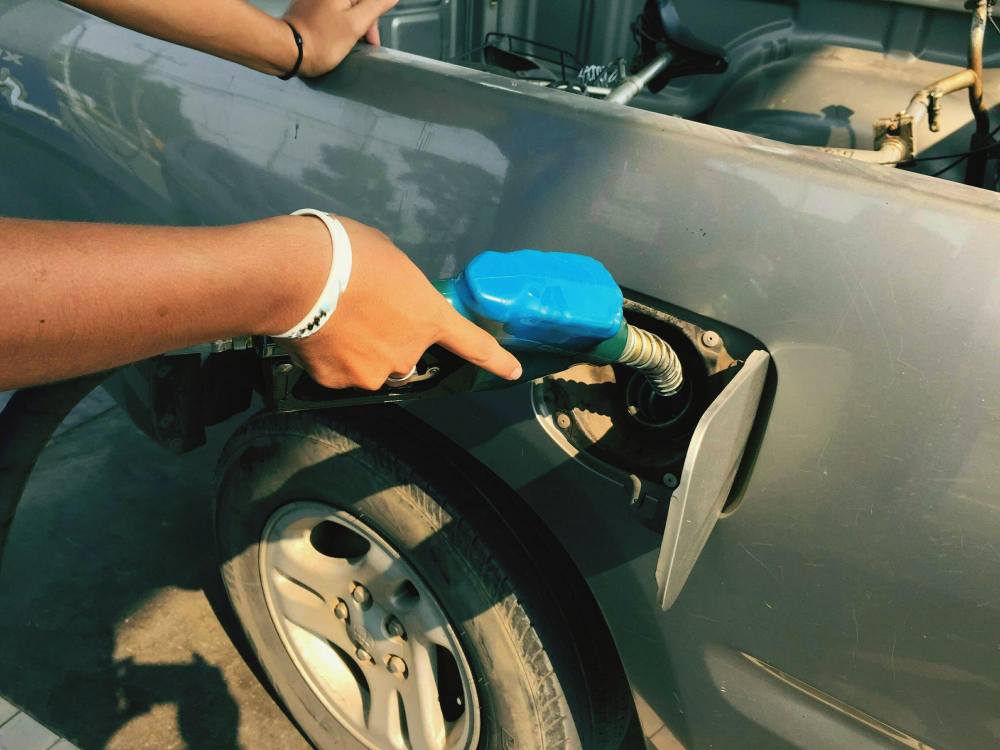
The amount of AdBlue to add depends on your vehicle’s tank size and consumption rate. Most passenger cars require 12–24 litres per refill, while vans and trucks may need more. Check dashboard warnings to avoid running low, and always use ISO 22241-certified AdBlue to maintain SCR system performance and legal compliance. AdBlue has become an […]
How to Fill AdBlue at Petrol Station?
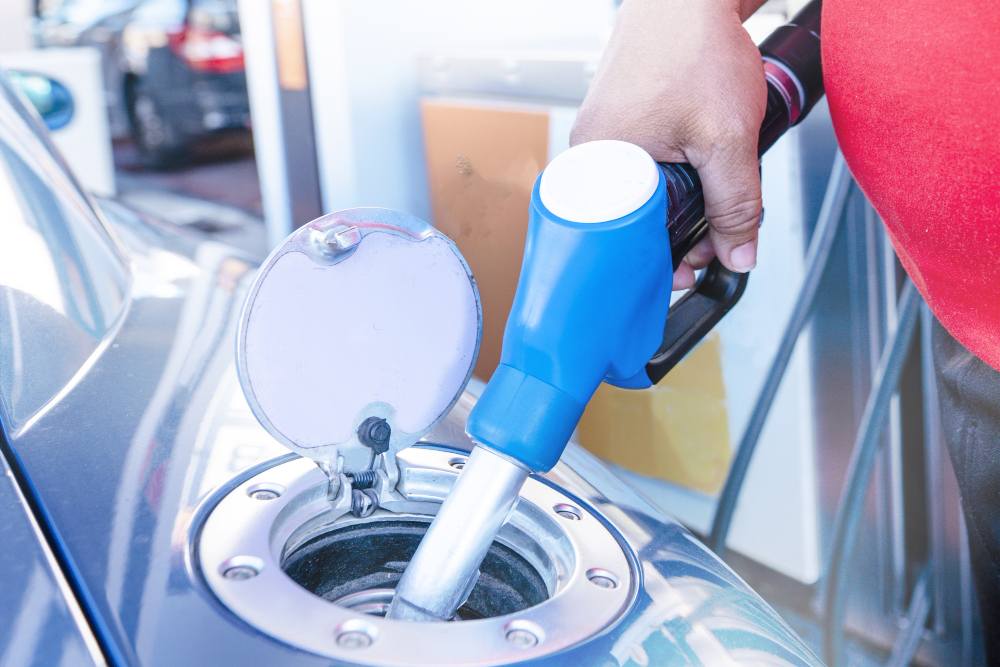
To fill AdBlue at a petrol station, first locate your vehicle’s AdBlue tank, usually near the diesel filler or under the bonnet. Use a dedicated AdBlue pump or container, fill slowly to the recommended level, avoid spills, and secure the cap. Always use ISO 22241-certified AdBlue to maintain SCR system performance and legal compliance. For […]
What is the Difference Between 5W30 and 5W40?
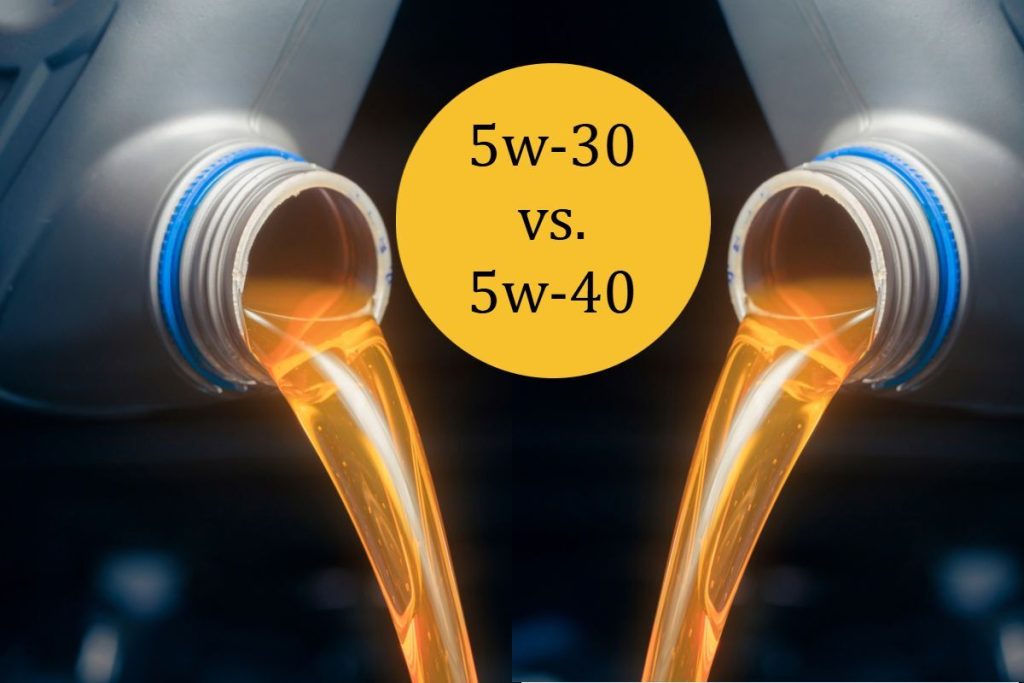
The key difference between 5W30 and 5W40 engine oils is their high-temperature viscosity. 5W30 is thinner at operating temperature, offering better fuel efficiency, while 5W40 is thicker, providing enhanced engine protection under high loads, long-distance driving, or hot climates. Both have the same cold-start rating (5W) for smooth lubrication in low temperatures. Choosing the right […]
How Much is a DPF Clean?
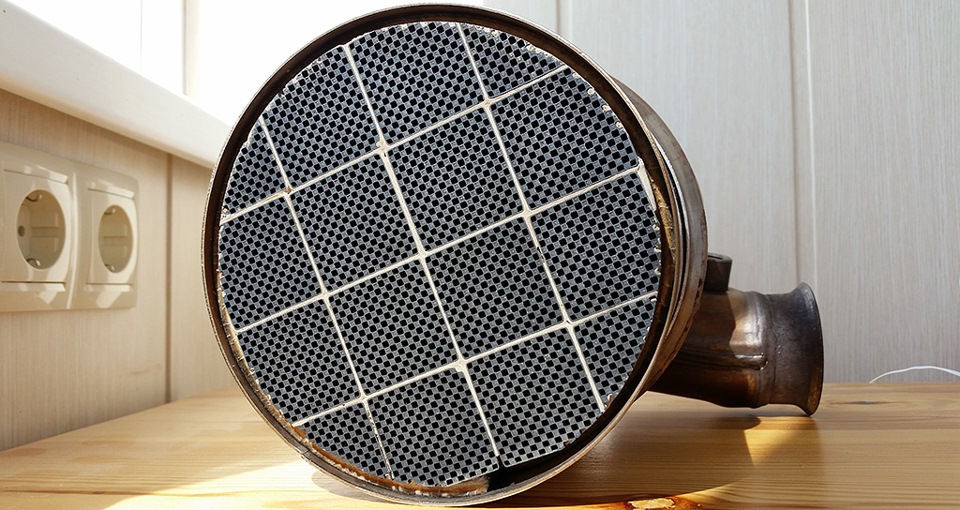
The cost of a DPF clean depends on the method and vehicle type. Forced regeneration typically costs £100–£250, chemical cleaning £200–£400, and professional ultrasonic cleaning £250–£500. DPF replacement can exceed £1,500. Prices vary based on vehicle make, severity of clogging, and workshop labour rates. The Diesel Particulate Filter (DPF) is an essential component in modern […]
Can Domestic Heating Oil Be Used in a Paraffin Heater?

No, domestic heating oil should not be used in a paraffin heater because heating oil (kerosene or gas oil) has a different chemical composition and higher impurity levels than refined paraffin. Using heating oil can produce excessive soot, smoke, and odour, and may damage the heater’s wick or burner. For safety and efficiency, always use […]










